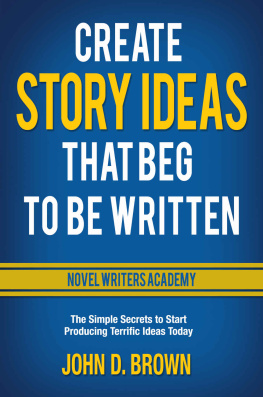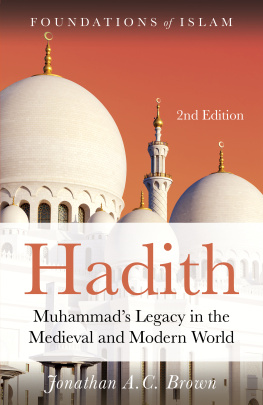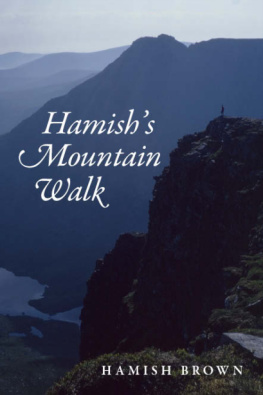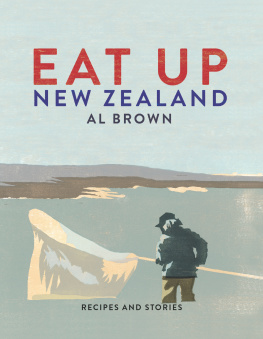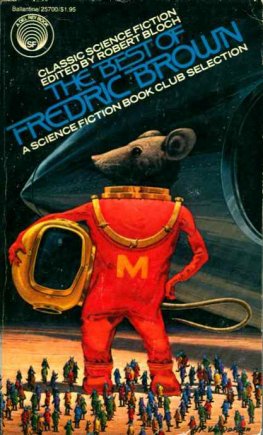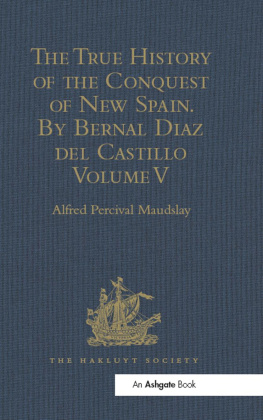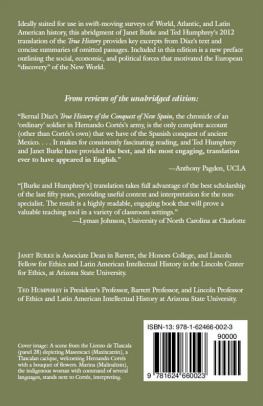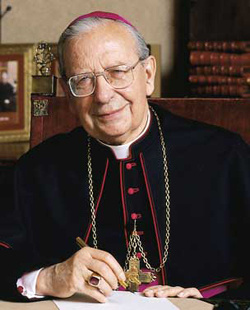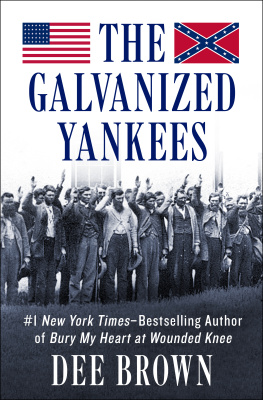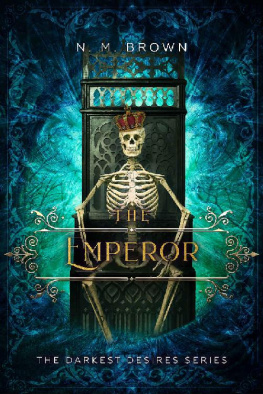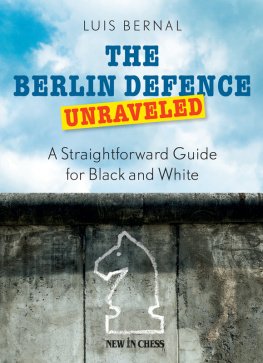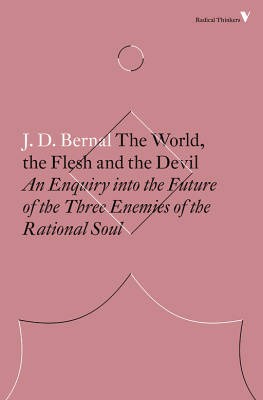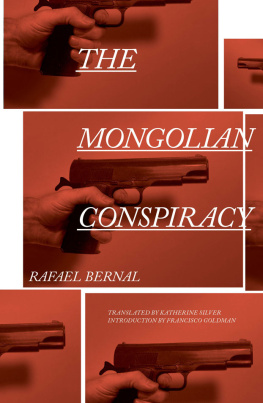Brown - J. D. Bernal
Here you can read online Brown - J. D. Bernal full text of the book (entire story) in english for free. Download pdf and epub, get meaning, cover and reviews about this ebook. City: UK, year: 2005, publisher: Oxford University Press, genre: Non-fiction. Description of the work, (preface) as well as reviews are available. Best literature library LitArk.com created for fans of good reading and offers a wide selection of genres:
Romance novel
Science fiction
Adventure
Detective
Science
History
Home and family
Prose
Art
Politics
Computer
Non-fiction
Religion
Business
Children
Humor
Choose a favorite category and find really read worthwhile books. Enjoy immersion in the world of imagination, feel the emotions of the characters or learn something new for yourself, make an fascinating discovery.

- Book:J. D. Bernal
- Author:
- Publisher:Oxford University Press
- Genre:
- Year:2005
- City:UK
- Rating:3 / 5
- Favourites:Add to favourites
- Your mark:
- 60
- 1
- 2
- 3
- 4
- 5
J. D. Bernal: summary, description and annotation
We offer to read an annotation, description, summary or preface (depends on what the author of the book "J. D. Bernal" wrote himself). If you haven't found the necessary information about the book — write in the comments, we will try to find it.
Brown: author's other books
Who wrote J. D. Bernal? Find out the surname, the name of the author of the book and a list of all author's works by series.
J. D. Bernal — read online for free the complete book (whole text) full work
Below is the text of the book, divided by pages. System saving the place of the last page read, allows you to conveniently read the book "J. D. Bernal" online for free, without having to search again every time where you left off. Put a bookmark, and you can go to the page where you finished reading at any time.
Font size:
Interval:
Bookmark:
J. D. BERNAL
For Tom Shields
and
In memory of my parents
The Sage of Science
ANDREW BROWN


Great Clarendon Street, Oxford OX2 6DP
Oxford University Press is a department of the University of Oxford. It furthers the Universitys objective of excellence in research, scholarship, and education by publishing worldwide in
Oxford New York
Auckland Cape Town Dar es Salaam Hong Kong Karachi Kuala Lumpur Madrid Melbourne Mexico City Nairobi New Delhi Shanghai Taipei Toronto
With offices in
Argentina Austria Brazil Chile Czech Republic France Greece Guatemala Hungary Italy Japan Poland Portugal Singapore South Korea Switzerland Thailand Turkey Ukraine Vietnam
Oxford is a registered trade mark of Oxford University Press in the UK and in certain other countries
Published in the United States
by Oxford University Press Inc., New York
Andrew Brown 2005
The moral rights of the author have been asserted
Database right Oxford University Press (maker)
First published 2005
All rights reserved. No part of this publication may be reproduced, stored in a retrieval system, or transmitted, in any form or by any means, without the prior permission in writing of Oxford University Press, or as expressly permitted by law, or under terms agreed with the appropriate reprographics rights organization. Enquiries concerning reproduction outside the scope of the above should be sent to the Rights Department, Oxford University Press, at the address above
You must not circulate this book in any other binding or cover and you must impose the same condition on any acquirer
British Library Cataloguing in Publication Data
Data available
Library of Congress Cataloging in Publication Data
Data available
Typeset by SPI Publisher Services, Pondicherry, India
Printed in Great Britain
on acid-free paper by
Clays Ltd., St. Ives plc
ISBN 0198515448 9780198515449
1 3 5 7 9 10 8 6 4 2
For the past five years I have led the double life of a biographer, and Desmond Bernal (Sage) has proved to be the most engrossing and stimulating of companions. I was fortunate to be able to interview many of his friends and distinguished colleagues. Readers will discover that his domestic arrangements were unconventional, and my first thanks are to Jane and Martin Bernal for supplying family information. Martins mother, Margaret Gardiner, who was then in her late nineties and still occupying the house that was such a lively venue for intellectuals in the 1930s, was mystified that Des was going to join her other close friends, W.H. Auden, Barbara Hepworth, and Solly Zuckerman as a biographical subject. She gave me good-humoured advice on traps to avoid, before describing with chilling detail the visit to the USSR in 1934 and the threatening atmosphere, to which Bernal seemed impervious.
Bernals greatest legacy was the next generation of scientists that he inspired to extend the many trails he started. Max Perutz, who said that Bernal was the most fascinating talker he ever encountered, described Bernals lab at Cambridge as though he had first set foot in it a few weeks (rather than 65 years) earlier. He explained some of the technical aspects of X-ray crystallography with such lucidity that the hair stood up on the back of my neck, and I glimpsed the amazing world of three-dimensional symmetry and reciprocal space. Perutz referred to Dorothy Hodgkin (another Bernal protge) as having saintly qualities: after he described the twenty-five years of utter frustration he endured before beginning to unravel the structure of haemoglobin, I formed the impression that saintliness was a prerequisite in crystallography at least until the advent of automation. Sir Aaron Klug left me in no doubt about the brilliance of Bernal as an experimenter and his stature as one of the founding fathers of molecular biology. His account of the groundbreaking research into the structure of viruses, begun at Birkbeck with Rosalind Franklin, was revelatory. Klug and Alan Mackay both recalled the hazards and squalor of the labs at Birkbeck during the 1950s, and Bernals strengths and weaknesses as a director. Alan, who is a true disciple of Bernals in his approach to the history of science and its social implications, has been a bountiful source of obscure articles and of contacts around the world. John Finney helped me to understand Bernals contributions to the structure of liquids.
Bernal was one of the crucial British boffins, who contributed so much in World War Two. During the war, with Solly Zuckerman and others, he extended the nascent field of operational research to study the effects of bombing on cities. Brenda Swann (Ryerson) and Rene Brittan were firsthand witnesses to those efforts. Sages pice de rsistance was the planning of D-Day a contribution that has given rise to some controversy. I was extremely fortunate to track down Major-General Logan Scott-Bowden, who heroically tested Bernals hypotheses about the nature of the Normandy beaches in the months prior to the invasion. His early morning phone call was the most vivid account of the landings I have ever heard or read.
In addition to those already mentioned, I would like to thank the following, who knew Bernal and generously provided information: Paul Barnes, Gofty Bernal, Mike Bernal, Andrew Booth, Hugh Bunting, Ian Cherry, Francis Crick, John Finch, Ully Harris, Ken Holmes, Olga Kennard, John Kerridge, Stan Lenton, Andrew Malleson, John Mason, Vivien Pixner, Romila Thapar, Peter Trent, Norman Waddleton, James D. Watson and Maurice Wilkins. With the passing of the years, some of these remarkable people are, alas, no longer alive.
The raw material for this book mostly came from the Bernal archive in Cambridge University Library, where I was well served by Godfrey Waller and his staff. Here are the unpublished letters, diaries and travelogues that show Bernal consumed with the stuff of life from the atomic level to global politics. One unpublished note contains Bernals beautiful inductive argument for the replication of genetic material being essentially a linear process at the critical instant an insight that would occur to Crick more than two decades later, when, as he wrote to me, he knew a lot more about proteins than Sage did in 1931. Although there are still six boxes of Sages love letters sealed until 2021, there were enough indiscretions in his early diaries to reflect his libidinous ways. As president of the World Peace Council, Bernals papers reveal a genuine personal relationship with Khrushchev. I will deposit transcripts of my interviews in the Bernal archive for the use of future historians.
In addition to the Cambridge University collection, I obtained valuable material from the American Institute of Physics, Birkbeck College London, Emmanuel College Cambridge, the Harvard University libraries, the archives of Dorothy Hodgkin and John Kendrew at the Bodleian Library Oxford, the Mountbatten papers in the Hartley Library at the University of Southampton, the Ava Helen and Linus Pauling Archive at Oregon State University, the National Portrait Gallery, the Public Record Office at Kew, the Royal Society, and the Zuckerman Archives at the University of East Anglia. I am extremely grateful to the archivists and librarians in all these places, who were uniformly generous in their cooperation and spent considerable time hunting down small items for me, sometimes in response to whimsical email requests. I am indebted to all the above institutions for their permission to publish various letters and photographs.
Next pageFont size:
Interval:
Bookmark:
Similar books «J. D. Bernal»
Look at similar books to J. D. Bernal. We have selected literature similar in name and meaning in the hope of providing readers with more options to find new, interesting, not yet read works.
Discussion, reviews of the book J. D. Bernal and just readers' own opinions. Leave your comments, write what you think about the work, its meaning or the main characters. Specify what exactly you liked and what you didn't like, and why you think so.

